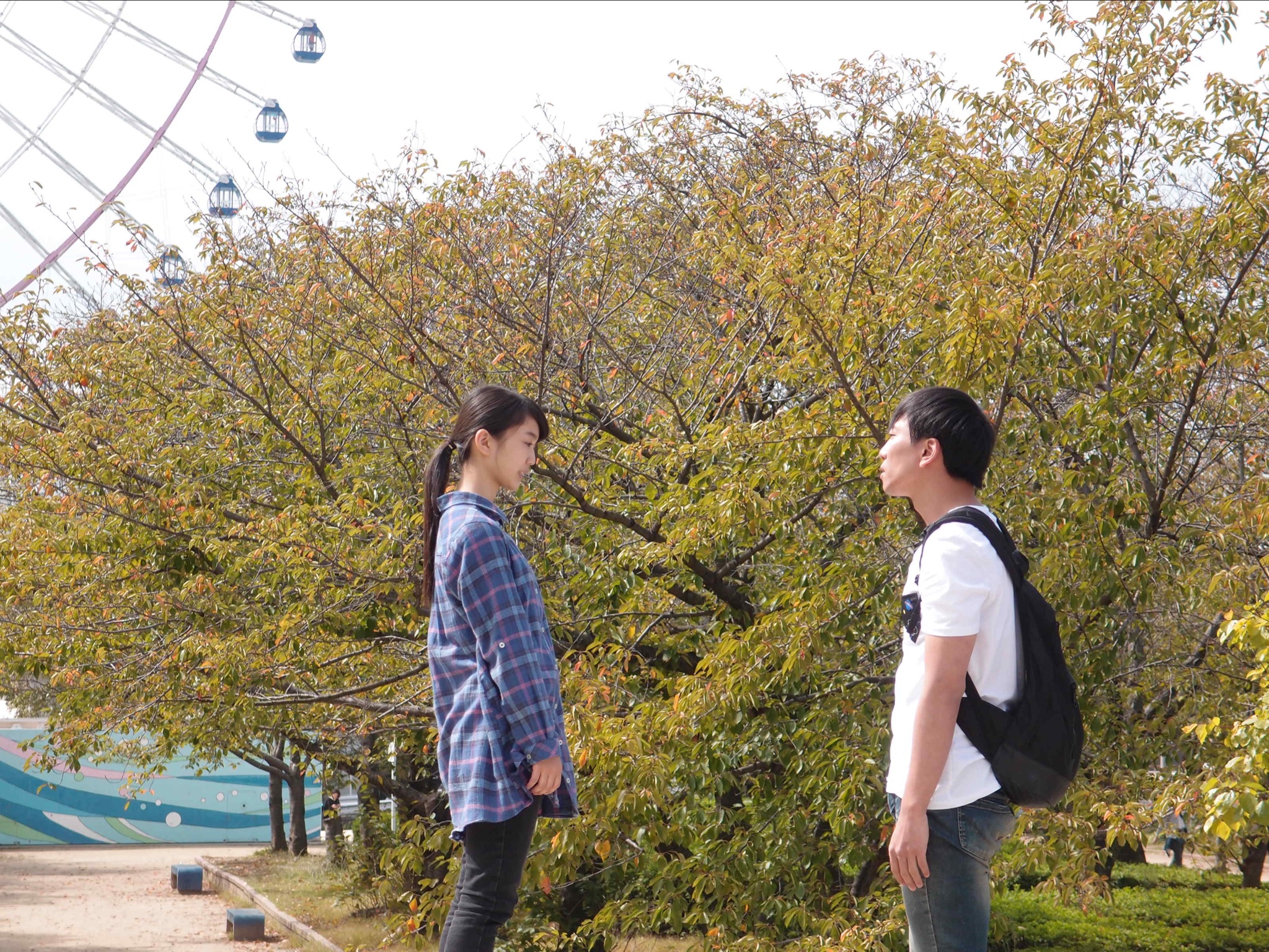I founded a new independent film startup called Foggy in Fukuoka in November last year. Foggy's mission is to deliver a director's passion to his/her audience. We will distribute and market Japanese independent films to worldwide audiences and foreign independent films to Japanese audiences. For us, a director's passion is the most important thing, and we don't care about commerciality of the film at all.
Harakiri Films, based in Osaka, will continue developing and producing independent films by up-and-coming directors from all over the world. Harakiri Films is a development and production company to make a director’s passion into a film.
I consider myself a producer (filmmaker) rather than a distributor. As an independent producer, I have been struggling to finance all of my projects because I have to convince investors by explaining them how my arthouse films make money. In order to make a business plan for the investors, of course, I have to make a marketing plan. But in reality, producers are not the ones who do marketing. Distributors are the ones who do marketing. I was wondering for several years how I can make a marketing plan when I don’t do marketing.
So this is my solution. I do distribution and marketing by myself.
In Japan, there are serious problems in the independent film industry. Filmmakers don’t get paid because the budget is too low. Even when a film makes money, the filmmakers still don’t get paid as the distributor gets the profit most of the time. I want to change this unhealthy scheme. My another mission is to make a system which filmmakers get paid automatically when their films make money.
Anyway, I’m happy to announce that YANAGAWA which Foggy is distributing in Japan will be screened as the opening film of Osaka Asian Film Festival 2022!
2021 / China, Japan, Korea / 112 min / Director: ZHANG Lu (张律) / Distributors in Japan: Foggy, Iha Films
Starring: NI Ni (倪妮), ZHANG Luyi (张鲁一), XIN Baiqing (辛柏青),
IKEMATSU Sosuke (池松壮亮), NAKANO Ryoko (中野良子), Ninon (新音)
YANAGAWA is a true international coproduction independent film which Chinese crew, Korean crew, and Japanese crew worked together. I’m so happy to introduce this film as Foggy’s first film to distribute.
I participated in Osaka Asian Film Festival in 2015 and 2016 as a volunteer staff, and this is the place I met many Asian filmmaker friends. Because of the wonderful experience at the festival, I quit the job and decided to be a film producer. In 2016, they screened my first feature ERIKO, PRETENDED. In 2018, they screened THE GOOSE GOES SOUTH which I helped production in Osaka. I have a lot of good memories in this festival, so I’m so glad to come back to the festival with this wonderful opening film.
YANAGAWA will be screened at Umeda Burg 7 on March 10 as the festival’s opening film, as the film’s Japan premiere, and as Foggy’s first film.
See you at Umeda Burg 7 on March 10!
Taro Imai
































